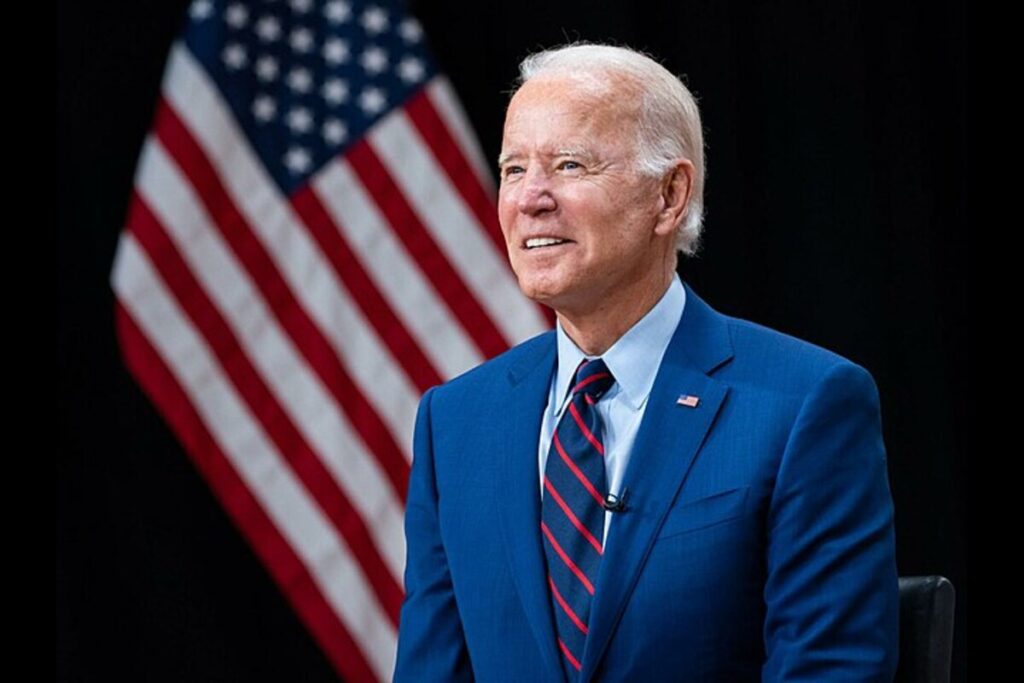President Joe Biden has made an important decision on America’s emergency oil stockpile. Due to rising oil costs, the Department of Energy (DOE) abruptly canceled preparations to restock the Strategic Petroleum Reserve (SPR). Let’s go into the specifics and see what it means for you.
The DOE stated in March that it was seeking 3 million barrels of oil for its Bayou Choctaw location in Louisiana. One of four key Strategic Petroleum Reserve (SPR) storage sites.
The SPR, founded in 1975, is the world’s biggest store of emergency crude oil. It aims to solve major oil supply problems and economic disruptions. Four sizable storage facilities comprise the SPR, one of which is the Bayou Choctaw facility in Louisiana.
According to DOE spokesperson Charisma Troiano, to protect this vital national security asset, it periodically surveys market dynamics. Their replenishment strategy strives to stay agile and inventive while prioritizing the taxpayer’s interests.
ALSO READ: Supreme Court Affirms Texas’ Authority Detain Migrants, Deals Blow to Biden Administration
Last year, the SPR saw unprecedented lows, leading the government to extract a record 180 million barrels to address supply difficulties triggered by Russia’s invasion of Ukraine. Energy Secretary Jennifer Granholm claims that the oil stockpile will be replenished by the end of the year.
The DOE sought to purchase back oil for the SPR for $79 per barrel or less, compared to the average of almost $95 earned for 2022 sales. However, with oil prices hovering around $85 per barrel, the DOE has decided to halt future purchases until market circumstances improve. The SPR now stores around 363 million barrels, down from almost 600 million at the beginning of 2022.
POLL — Should Donald J. Trump Be Allowed to Run for Office?
Bob McNally, president of the consultancy Rapidan Energy Group, anticipates domestic oil prices will stay high throughout the year. “If pump prices keep rising, the Biden administration will shift gears and reconsider SPR releases, though we currently do not think they are imminent,” McNally said.
The refill program may be on hold for an extended period. As such, higher oil prices could cause further volatility in fuel costs. This would raise gasoline and diesel costs, affecting daily commutes and household spending.
ALSO READ: Ohio GOP Officials Refuse Democrats’ Plan to Put President Joe Biden on November Ballot
Rising oil prices might cause higher energy expenses. Whether you use oil to heat your home or generate power, swings in oil prices have a direct influence on your pocketbook.
However, skeptics are concerned that the dwindling oil reserves could put the United States at risk, particularly during a crisis or if global supply falls dangerously low. It also indicates that gasoline costs will likely remain high for the foreseeable future.
President Biden’s withdrawal from the refill plan demonstrates the continuous issue of balancing energy requirements, national security, and economic realities. As a citizen, remaining educated about energy trends and responding to changing situations is critical. Consider using energy-saving methods, as reducing consumption helps to lessen the impact of rising gasoline costs on your finances.
You Might Also Like:
Jimmy Kimmel Fires Back at Donald Trump’s Rant With Prison Reminder
Oklahoma Officials Ban Trans Pro Wrestler From Competing in the State
“Woke” Hollywood Gets Another Disappointing Box Office Return
North Carolina High School Suspends Student for Using the Term “Illegal Alien”
Ohio GOP Officials Refuse Democrats’ Plan to Put President Joe Biden on November Ballot
